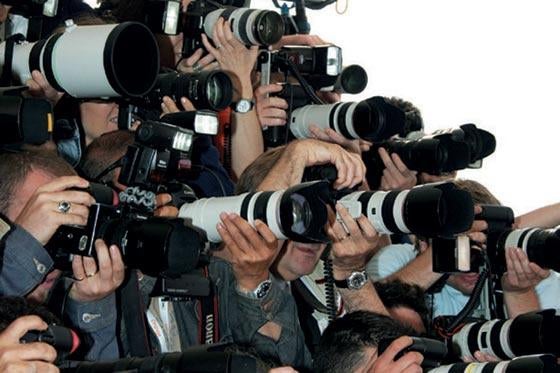
Scotland Yard has issued new guidance to officers about the use of terrorism laws against photographers following criticism of how police have applied the rules.
The new guidance has warned offers to be cautious about using stop search powers under sections 43 and 44 of the Terrorism Act 2000 to demand to see video film or photographs captured by journalists as a court order may be required to see material if it’s “created for the purposes of journalism”.
The guidance says officers are not allowed to delete digital images or destroy film at any point during a stop and search exercise.
It also reminds them members of the public and the media do not require a permit to film or photograph in public places and police have no power to stop them filming or photographing incidents or police personnel.
Police officers were also reminded that section 43 of the Act only gives an officer the power to stop and search “a person who they reasonably suspect to be a terrorist”.
The changes come after an earlier version of the guidance was criticised by the National Union of Journalists for suggesting police and community support officers had greater powers than they were actually granted under the law.
In June, Lord Carlile of Berriew QC, who reviews anti-terror legislation, warned that police were wrongfully applying anti-terror laws to stop photographers taking pictures of officers, adding that officers who used force or threats against photographers to make them delete images could themselves face prosecution.
Roy Mincoff, NUJ legal officer, said: “It is good to see the police have listened to some of what we’ve been saying and the new guidance is certainly an improvement.
“We still have significant concerns about the way counter-terrorism legislation is being used to impinge on media freedoms, so it is vital that any guidance issued by the police is accurate and recognises the importance of a free press.
“Let’s hope that this marks recognition on the part of the police that they must take the concerns of photojournalists seriously. We will be monitoring to see if the changes are reflected in practice.”
Email pged@pressgazette.co.uk to point out mistakes, provide story tips or send in a letter for publication on our "Letters Page" blog

